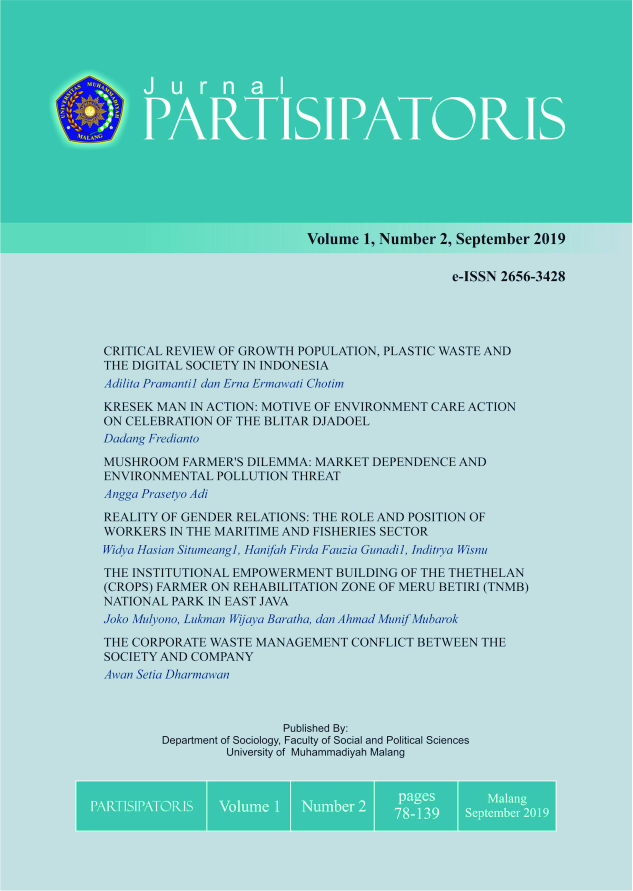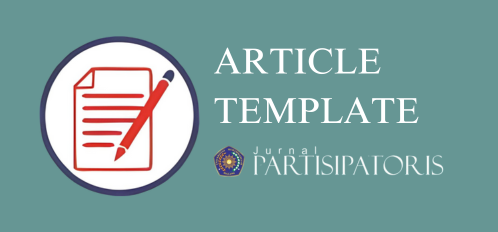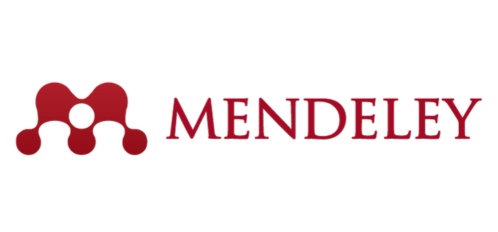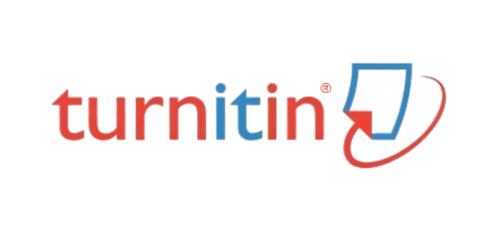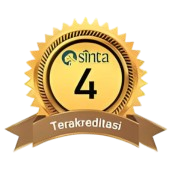REALITY OF GENDER RELATIONS: THE ROLE AND POSITION OF WORKERS IN THE MARITIME AND FISHERIES SECTOR
DOI:
https://doi.org/10.22219/jp.v1i2.8571Abstract
Gender relations between women and men should be in an equal situation. Unfortunately, the construction of Indonesian society, especially at the village level is still gender bias. Women tend to be in an unfavorable position, not even seen in development. this paper intends to raise the role and position of workers based on gender relations, especially in coastal and fisheries communities. The lack of gender studies in coastal communities as well as lack of attention and efforts to encourage gender equality in coastal and fisheries communities has led to higher gaps in gender relations. This paper mainly looks at how issues of gender injustice, sexual violence and inequality in accessing new technologies, especially digital technology in coastal communities. This paper is enriched with literature studies and the results of previous research and compared with legal products and agreements on gender equality.
Keywords: gender, coastal, community, equality
Downloads
References
[KIARA] Koalisi Rakyat untuk Keadilan Perikanan. 2015. Kertas Kebijakan Perempuan Nelayan Berhak Mendapatkan Perlindungan dan Pemberdayaan dari Negara [KOMINFO] Pusat Penelitian dan Pengembangan Penyelenggaraan Pos dan Informatika Badan Penelitan dan Pengembangan Sumber Daya Manusia Kementerian Komunikasi dan Informatika. 2015. Pemanfaatan dan Pemberdayaan Teknologi Informasi dan Komunikasi pada Petani dan Nelayan (Survey Rumah Tangga dan Best Practices) [Komnasperempuan] Komisi Nasional Anti Kekerasan Terhadap Perempuan merupakan lembaga independen negara untuk penegakan hak asasi manusia dan perempuan Indonesia. Catatan Tahunan CATAHU 2018. Dapat diunduh di : https://www.komnasperempuan.go.id/publikasi-catatan-tahunan?page=2 [RI] Pemerintah Republik Indonesia. 2016. Undang – Undang Republik Indonesia Nomor 7 Tahun 2016 tentang Perlindungan dan Pemberdayaan Nelayan, Pembudidaya Ikan dan Petambak Garam. Jakarta (ID). Dapat diunduh di : http://kkp.go.id/an-component/media/upload-gambar-pendukung/kkp/UUD%20Nomor%207%202016.pdf [JurnalPerempuan] Melihat Perempuan asmat bekerja. Dapat diakses di: https://www.jurnalperempuan.org/wacana-feminis/archives/04-2019 Asirin, Argo TA. 2017. Penggunaan Teknologi Informasi dan Komunikasi dan Aplikasinya terhadap Ketangguhan Mata Pencaharian Nelayan. Journal of Regional and Rural Development Planning. Februari 2017, 1 (1): 1-15 Ikhsan, Fuady dan Titien, Yusnita. 2016. Persepsi Masyarakat Pesisir Terhadap Kepemimpinan Perempuan Nelayan Di Pulau Pramuka Kepulauan Seribu. Indonesian Journal of Agricultural Economics (IJAE) Volume 7, Nomor 1, Juli 2016 : 1-12 Istiana. 2014. Akses perempuan nelayan dalam kegiatan produktif : studi kasus di Desa Teluk, Kecamatan Labuan, Kabupaten Pandeglang, Banten. Buletin Riset Sosek Kelautan dan Perikanan. Vol 9. No.1. Mei 2014. Karnaen SMN, Amanah S. 2013. Peranan Gender dalam Rumah Tangga Perikanan di Desa Tanjung Pasir, Kecamatan Teluknaga, Kabupaten Tangerang. Sodality: Jurnal Sosiologi Pedesaan Vol 01, No.02. Agustus 2013 Kusnadi. 2003. Akar Kemiskinan Nelayan. Yogyakarta: LKIS. Loader BD. 1998. Cyberspace Divide: Equality, agency, and policy in the information society. London: Routledge. Nurlaili, Muhartono R. 2017. Peran Perempuan Nelayan dalam Usaha Perikanan Tangkap dan Peningkatan Ekonomi Rumah Tangga Pesisir Teluk Jakarta. Jurnal Sosek KP Vol 12 No 2 Desember 2017: 203-212
Downloads
Published
How to Cite
Issue
Section
License
Authors who publish with Jurnal Partisipatoris agree to the following terms:
- For all articles published in the Jurnal partisipatoris, copyright is retained by the authors. Authors give permission to the publisher to announce the work with conditions. When the manuscript is accepted for publication, the authors agree to the automatic transfer of non-exclusive publishing rights to the publisher.
- Authors retain copyright and grant the journal right of first publication with the work simultaneously licensed under a Creative Commons Attribution-ShareAlike 4.0 International License that allows others to share the work with an acknowledgment of the work's authorship and initial publication in this journal.
- Authors are able to enter into separate, additional contractual arrangements for the non-exclusive distribution of the journal's published version of the work (e.g., post it to an institutional repository or publish it in a book), with an acknowledgment of its initial publication in this journal.
- Authors are permitted and encouraged to post their work online (e.g., in institutional repositories or on their website) prior to and during the submission process, as it can lead to productive exchanges, as well as earlier and greater citation of published work (See The Effect of Open Access).

